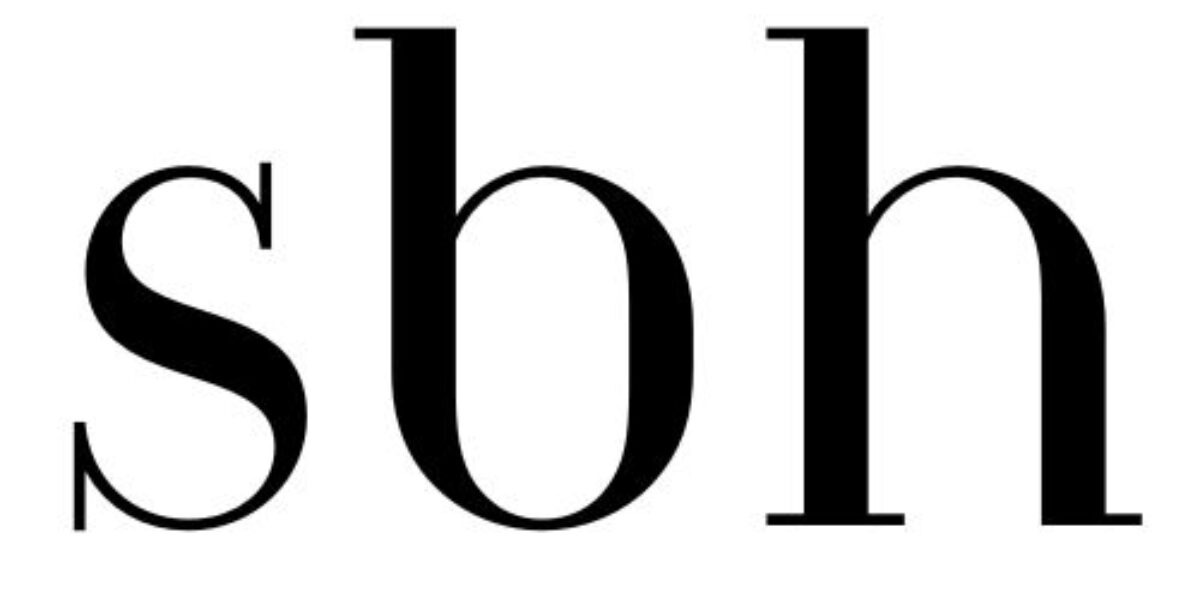If you’ve come up with a business idea that you think will work in terms of your goals for starting a business, you’re probably excited to dive in and get it going. This is good since you’ll need that passion and devotion to get through the hard work ahead. However, before you get started on the specific planning of your business (and believe us when we say that a business requires a lot of planning), you should conduct a feasibility study (also called a viability analysis). You may say that you are pretty sure that the business will succeed – after all you have the passion, the skills and the resources. What could go wrong?
When deciding whether or not to spend your time and money in a business idea, it’s necessary to think critically about it. A feasibility study might help you determine whether your idea has a decent probability of succeeding. Your feasibility study should include an assessment of the market and commercial viability.
Market feasibility
You must have a thorough understanding of the market in which your business will operate. The following should be included in your market feasibility analysis:
Commercial feasibility
Once you have determined that there is a market for your products or services you need to consider the financial requirements to make it viable. Your commercial feasibility should cover the following:
- How much money do you need to make to meet your living expenses?
- How long do you expect to be in business before you make your first sale?
- How much money do you need to start up?
- How do you intend to fund the business during the start up phase?
- Estimate your fixed and variable costs.
- What price would your customers pay for your products and services?
- What is your sales forecast?
- What is your breakeven point?
- How long will it take to reach breakeven sales volume?
- How much working capital will you need to sustain operations?
- Return on investment
- Cash flow analysis

